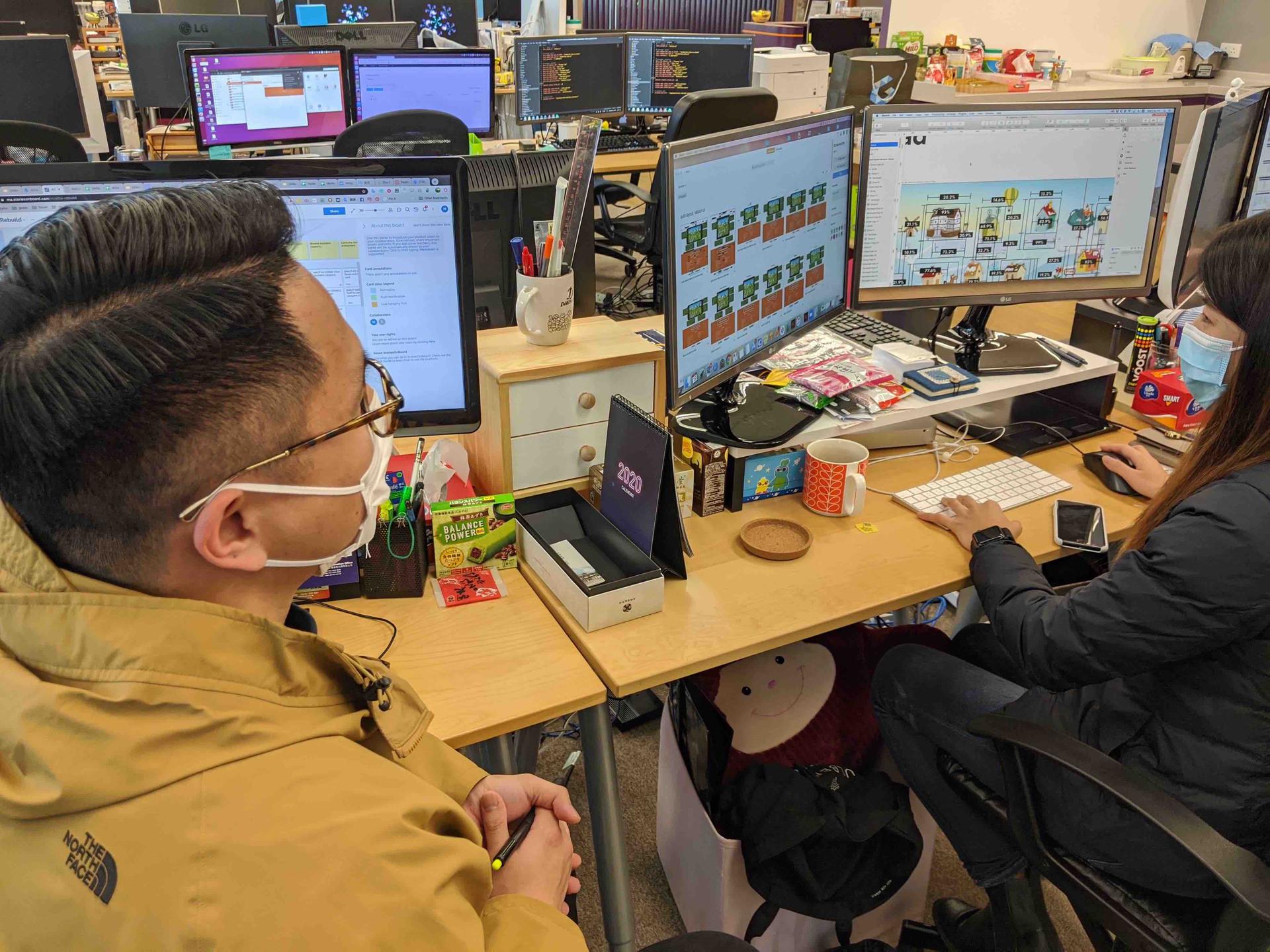Under the threat of Coronavirus, our teams in Hong Kong, Taiwan and China have been working from home for the past few weeks, and here are some lessons we’ve learnt that we hope you will find useful.
1. Practice the Daily Stand-Up meeting in Scrum
Scrum is a software development methodology, but we also find it very helpful as a work management tool. All teams in Motherapp, including sales and management, must have a Daily Stand-Up meeting. In this Daily Stand-Up, each team member will answer 3 simple questions:
i) What have you accomplished since the last meeting?
ii) What are you working on until the next meeting?
iii) What is getting in your way or keeping you from doing your job?
This helps us to understand the status of our teammates and resolve their pain-points more quickly.
2. Team still meet up face-to-face once a week (if possible)
Our teams in Hong Kong and Taiwan meet physically once a week. To avoid the risk of contamination, each team meets on a different day of the week. There are things that work particularly well when people are physically together. This include:
– Open-ended discussions;
– Difficult conversations;
– Spontaneous discussions; and
– Team building
Our teams in China are in a more dire situation and we recommend them to stay home all the time. In that case, video calls are used as much as possible.
3. Have the right technology and physical environments
We use Zoom, Slack, and G Suite as our collaboration tools. During this outbreak period, we find it helpful to:
– Create more documentation to facilitate communication;
– Switch to Zoom calls if there are too many back-and-forths on Slack;
– Use emojis to make our conversations more human
Other than the digital environment, we also pay attention to the physical environment of our teammates- meaning their homes. They may lack the softwares or hardwares needed for their work and sometimes unable to connect to the company network. Others may not even have a proper desk for more serious work. For this, we’ve set up a Slack group dedicated to resolving these remote work issues as soon as they come up.
We hope our above learnings have come in handy for you.
